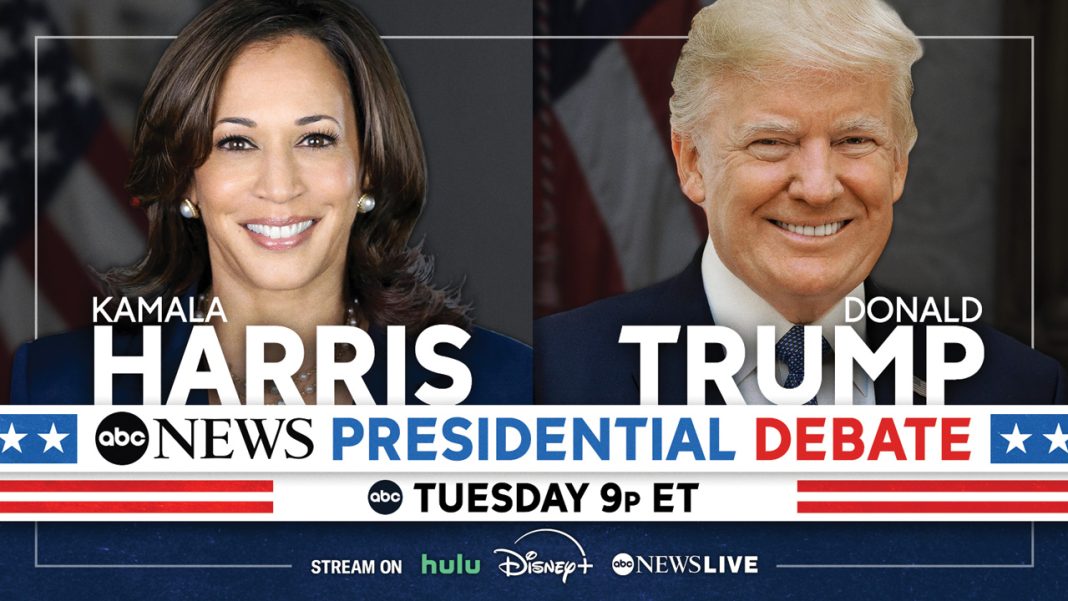
Vice President Kamala Harris recently unveiled a new proposal for small business tax breaks as part of her economic platform. The plan includes increasing the tax deduction for startup costs to $50,000 from $5,000. The goal is to attract 25 million new small business applications in a potential first term. While experts acknowledge that the plan could stimulate economic activity, they also warn that it would add billions to the deficit in the next decade and would require congressional approval.
The proposal is part of Harris’s efforts to build an “opportunity economy.” She argues that the current tax deduction for startups is insufficient and acts as a financial barrier for many entrepreneurs. By raising the threshold to $50,000, more businesses with startup costs in the $10,000 to $80,000 range would be able to benefit.
Garrett Watson, a senior policy analyst at the Tax Foundation, estimates that the proposal may cost the federal government approximately $20 billion over 10 years. While the size of the plan is smaller compared to some of Harris’s other proposals, it reflects her interest in continuing the growth of startup business activity seen in recent years, especially since the COVID-19 pandemic.
Harris’s new proposal allows new startups to spread the deduction over several years or defer claiming it until the company becomes profitable. Currently, companies can deduct up to $5,000 of their qualifying startup costs, but the deduction starts to phase out if business expenses exceed a certain amount.
Experts have mixed opinions on the proposal. Some, like Marc Goldwein, senior vice president and senior policy director at the Committee for a Responsible Federal Budget, believe that it could be a bipartisan topic and that it’s beneficial for small businesses. However, others, like EJ Antoni, a research fellow at The Heritage Foundation, question the motivation behind increasing the number of small business applications when very few of them actually turn into successful startups.
It’s worth noting that many of the changes Harris is proposing would require congressional approval. While the small business plan is expected to have a relatively low cost, her other plans are anticipated to have significant long-term costs for the government. Her previous economic package was projected to add $1.7 trillion to the deficit over the next decade, but her plan to increase the corporate tax rate to 28 percent from 21 percent would raise roughly $1 trillion over the same period.
The Trump campaign responded to Harris’s plans by questioning why she hadn’t implemented similar measures during her four years as vice president. They also criticized her support for Bidenomics, which they claim has caused historic inflation and record-high energy costs for small businesses.
Politically, focusing on small businesses makes sense for Harris, as it has a positive connotation with voters. However, it is primarily championed by Republicans, and by emphasizing this issue, Harris may inadvertently lead voters to associate it with the Republican party. Aaron Dusso, a political science professor, suggests that while it’s important for politicians to address issues from the opposing party’s turf, they should not make them a central focus.


